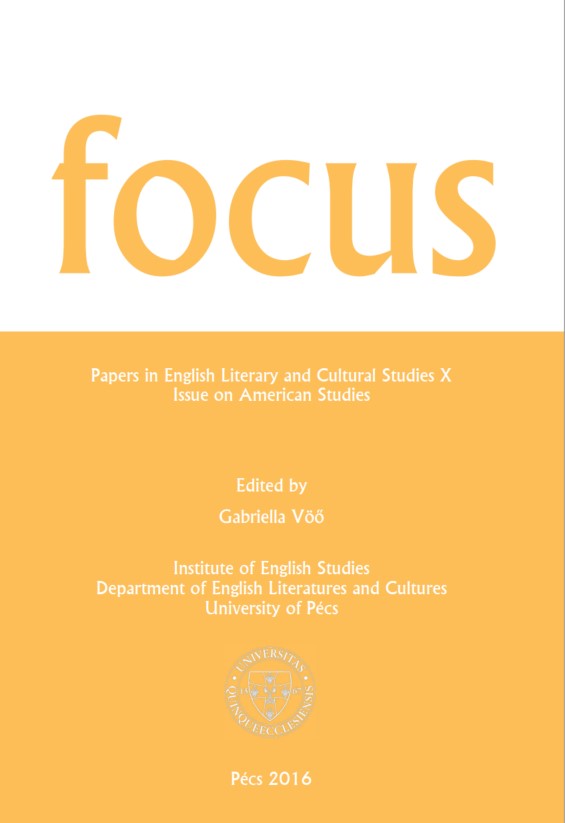Vol. 10 No. 1 (2016): Issue on American Studies

The Americas are not only an indivisible geographical entity but also a region sharing a history of coloniality, anti-colonial revolutions, and imperialist interventions. South, Central, and North America exist in a state of economic, political, and cultural interdependence. Recent interdisciplinary approaches to the history, economics, as well as the cultures and literatures of the Americas resist normative definitions that reflect European political epistemologies and/or national models. International scholars of the twentieth and the twenty-first centuries have opened new perspectives in the study of the North American, Ibero-American, and Afro-Caribbean regions. In the context of US Studies, the New American Studies, the Borders School in American Studies, and the new disciplines of Americas Cultural Studies, Transatlantic and Inter-American Studies have moved towards transnationality, postnationality, and globality in studying economic, cultural and social processes as well as forms of knowledge and expression. The critical essays included in the present issue address themes and issues related to the study of “the Americas” in transatlantic, hemispheric, and global contexts.
